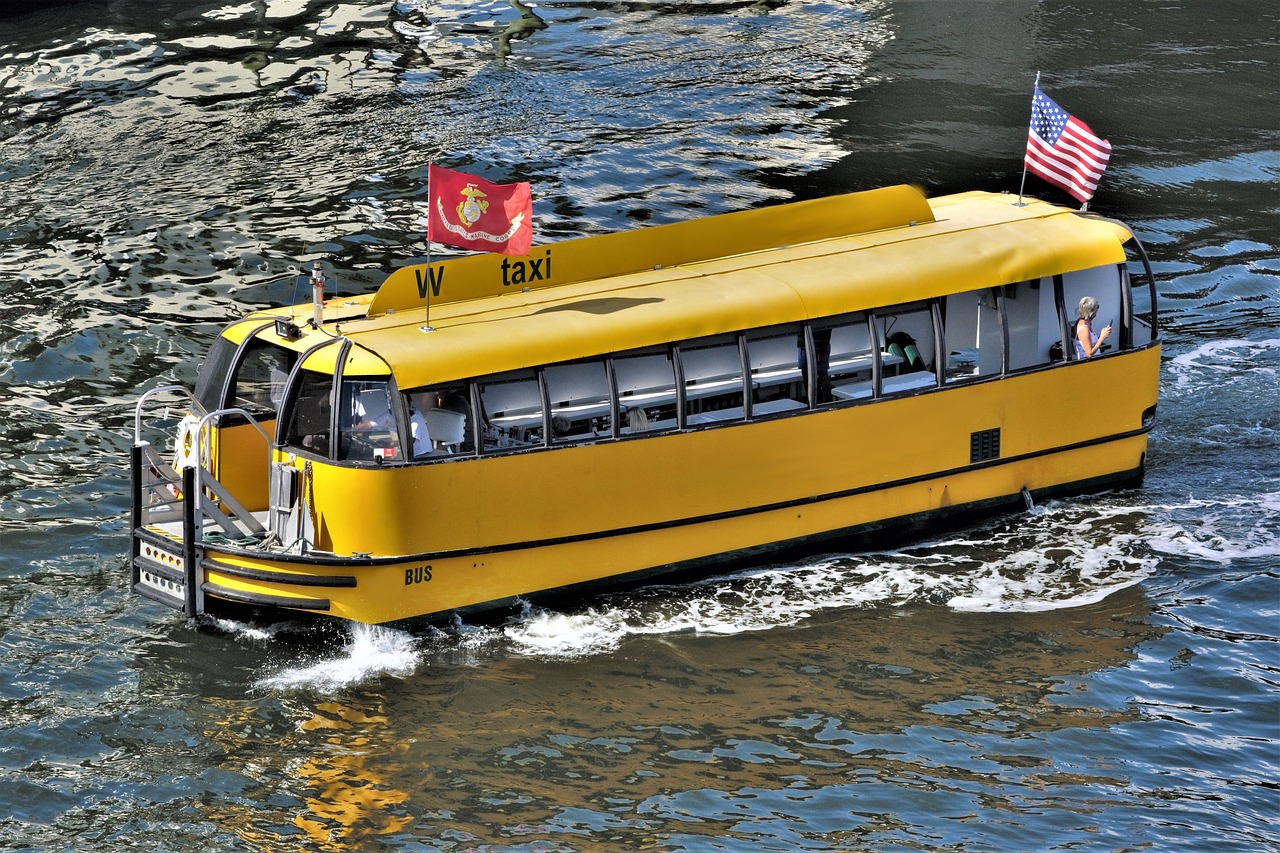Cost-effective water transportation methods and Water Cycle explained
Where to find Water Cycle near Great Basin?
Join the Active Climate Rescue Initiative: Together, We Can Save Water for Future Generations
Support for Water Conservation: Your Key to a Sustainable Future
The Active Climate Rescue Initiative empowers you to make a real difference in the face of water scarcity. We champion cost-effective water transportation methods that ensure water reaches thirsty communities while preserving our precious resources.
Unlock the Power of Innovation: Smart Water Management
Harness the latest technology to monitor water usage, detect leaks, and conserve every precious drop. Smart water meters and leak detection systems provide real-time insights, empowering you to identify and address water loss before it becomes a problem. Low-flow appliances reduce water consumption without sacrificing performance, making every gallon count.
Water Reuse: A Sustainable Solution
By reusing treated wastewater for non-drinking purposes like irrigation and industrial processes, we conserve freshwater and ease the burden on our treatment plants. Every drop reused is a step towards a more water-secure future.
Join Our Movement, Empower the Future
By partnering with the Active Climate Rescue Initiative, you become a part of a powerful collective working to ensure a sustainable water future for ourselves and generations to come. Let’s embrace cost-effective water transportation methods, support climate rescue initiatives, and create a legacy of water conservation that will inspire and protect for years to come.
Together, we can shape a future where water flows abundantly, and our planet thrives.
Discover Cost-Effective Water Transportation Methods for a Sustainable Future
TL;DR – Too Long; Didn’t Read:
Cost-effective water transport methods are essential for addressing water scarcity and economic challenges. Various methods reduce water loss, energy consumption, and pollution, including zero-waste systems, water reuse, and innovative technology.
Cost-Effective Water Transportation Methods
Zero-Waste Systems:
Zero-waste systems prevent water loss through leak detection and repair, metering, and water-efficient appliances. By eliminating water waste, these systems reduce treatment and distribution costs.
Water Reuse:
Reusing treated wastewater for non-potable purposes, such as irrigation, industrial processes, and cooling towers, conserves freshwater resources and reduces the strain on water treatment plants.
Innovative Technology:
Advanced technologies, such as smart water meters, leak detection systems, and low-flow appliances, monitor water usage, identify leaks, and promote water conservation. These technologies enhance water management and reduce costs.
Trusted Solutions from Great Basin
Great Basin is a leading provider of cost-effective water transportation solutions. Their expertise in zero-waste systems, water reuse, and innovative technology has helped countless organizations achieve significant water savings and reduced operating costs.
The Water Cycle
Understanding the water cycle is crucial for sustainable water management. The water cycle describes the continuous movement of water between the Earth’s atmosphere, land, and oceans. Processes such as evaporation, condensation, precipitation, and runoff complete this cycle.
Evaporation: Water in water bodies, soil, and plants turns into vapor and enters the atmosphere.
Condensation: Water vapor in the atmosphere cools and condenses into clouds.
Precipitation: Condensed water falls to the Earth in various forms, such as rain, snow, or hail.
Runoff: Precipitation that does not soak into the ground flows into rivers and streams, eventually reaching oceans or lakes.
The Active Climate Rescue Initiative
Support for Water Conservation:
The Active Climate Rescue Initiative supports cost-effective water transportation methods and promotes water conservation practices. Its mission is to mitigate the impact of climate change and protect water resources for future generations.
Expansive Summary
Cost-effective water transportation methods are essential for addressing global water scarcity and economic challenges. By adopting zero-waste systems, reusing water, and integrating innovative technology, we can reduce water loss, energy consumption, and pollution.
Understanding the water cycle helps us appreciate the interconnectedness of water resources and the importance of conservation. The Active Climate Rescue Initiative plays a vital role in supporting water-saving practices and promoting sustainable water management.
By implementing cost-effective water transportation methods and supporting climate rescue initiatives, we can ensure a sustainable water future for ourselves and generations to come.
More on Cost-effective water transportation methods…
- Cost-effective Water Transportation Methods
- Waterborne cargo shipping
- Barge transportation
- Inland waterway transportation
- Containerized shipping
- Intermodal transportation
- Cabotage shipping
- Bulk shipping
- Tramp shipping
- Liner shipping
- Shipping logistics
- Water Cycle
- Evaporation
- Condensation
- Precipitation
- Infiltration
- Percolation
- Transpiration
- Runoff
- Groundwater recharge
- Watershed
- Hydrologic cycle





